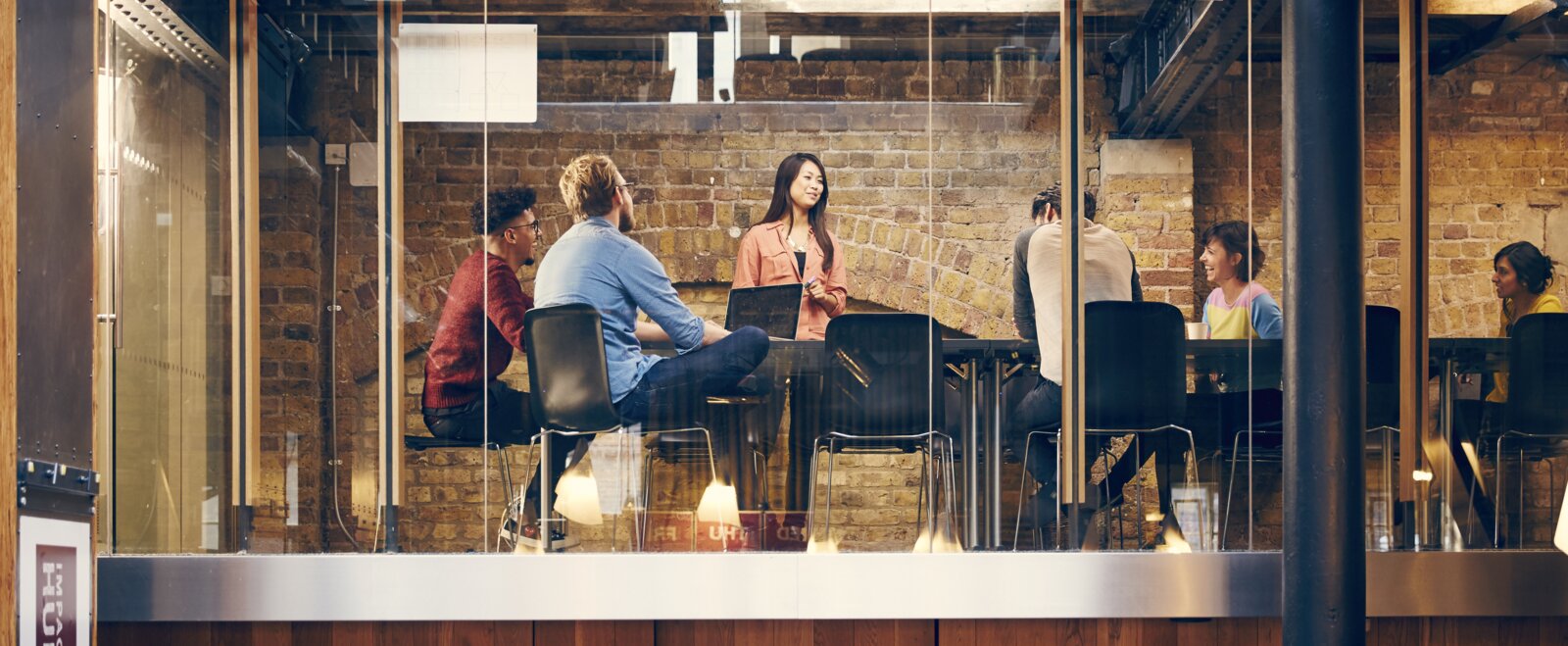

Artificial light has revolutionized our lives. We can work anywhere at any time – and of course that has made us more productive. But does it also make us healthier? For a healthy, efficient rhythm of life, we need the natural changes in daylight. Working indoors in poor light makes us tired, depressed and listless.
Offices with little daylight, dark meeting rooms and artificial light until late at night – in our modern society, we are moving further and further away from our natural environment. Daylight is one of the most important sources of energy for our biological rhythm. A lack of daylight can cause serious disruption to our day/ night rhythm (our “inner clock”), and massive degradation in our performance and overall well-being.
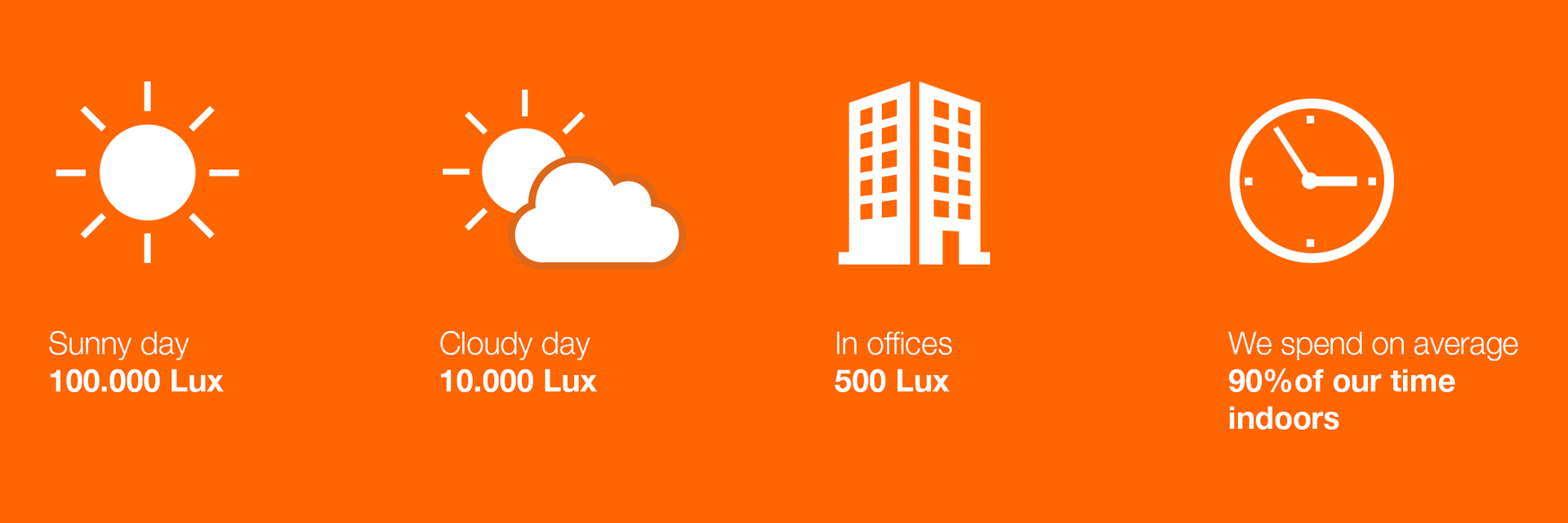


Lighting solutions for modern work environments must be designed to promote creative thinking and high levels of concentration at desks, on computers and in factories. Human centric lighting places the focus on people and their need for natural light. Flexible, healthy and effective.
With the right light at the right time human centric lighting (HCL) creates a working environment that simulates the changes in natural daylight with its visual, biological and emotional effects. To achieve this, the luminaires are controlled by an intelligent control system with appropriate light profiles.
Through color temperatures and illuminance levels, human centric lighting (HCL) can simulate the course of natural daylight in such a way that it provides positive support for the human circadian rhythm (our “inner clock”). A neutral or cold white light color, for example, can energize in the morning. Warm white light is relaxing and ideal for the evening. HCL supports health, well-being and performance.
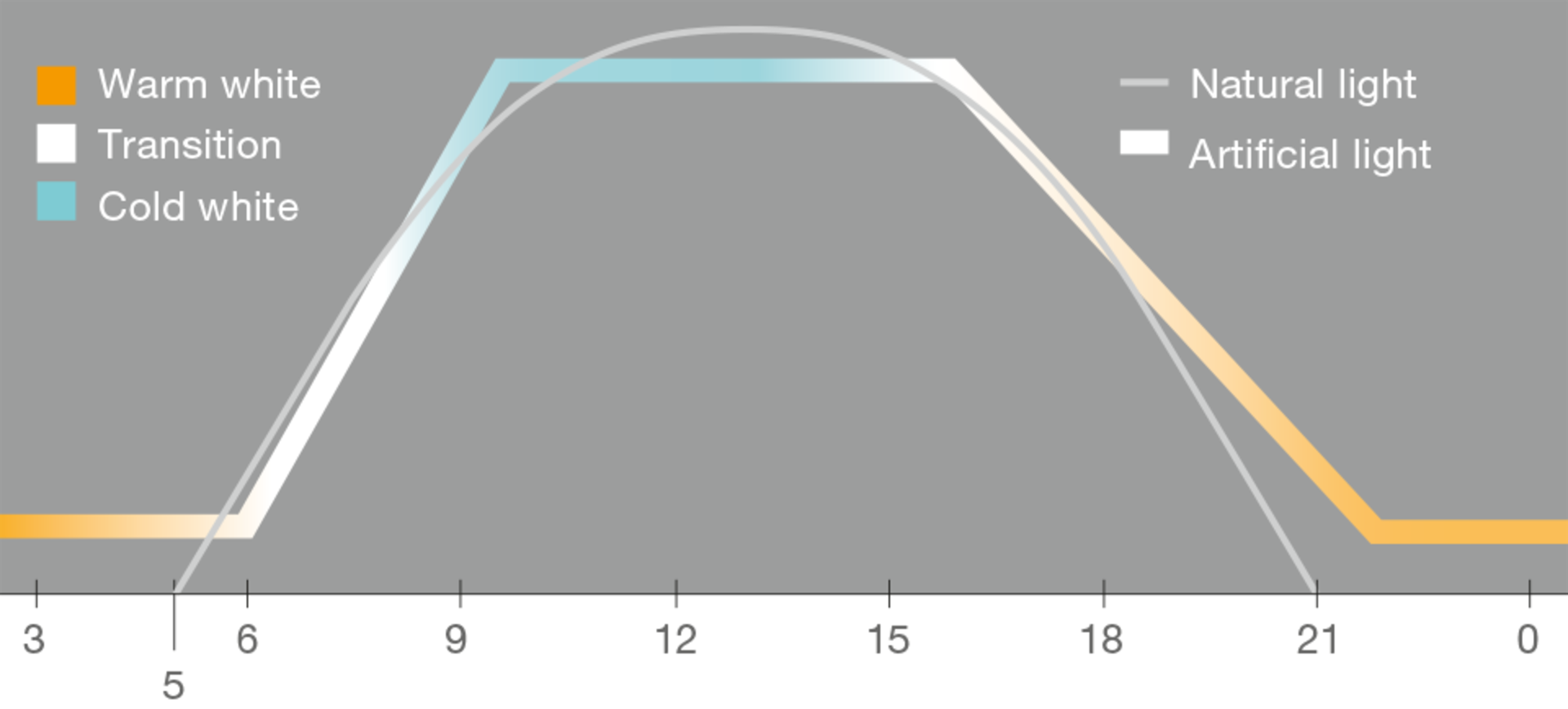
HCL promotes and supports the most valuable resource you have: your employees. That is reflected in their productivity.
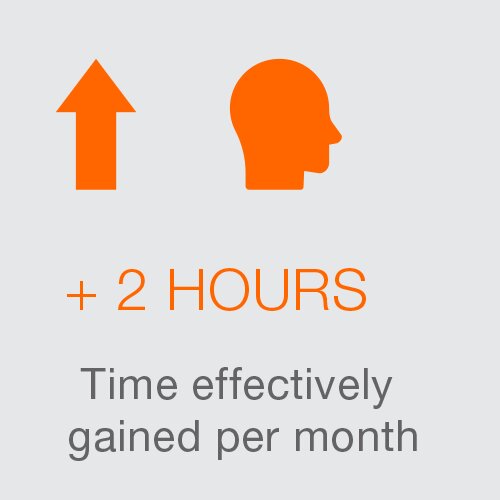

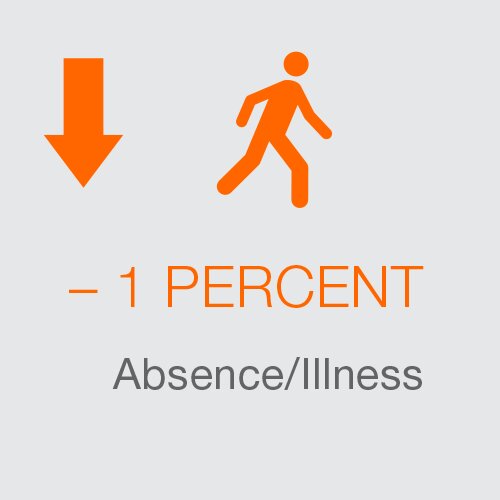
Source: At Kearney, Quantified Benefits of Human Centric Lighting, (2015)
Do you want to talk about joint projects? Do you want to talk about scientific topics?